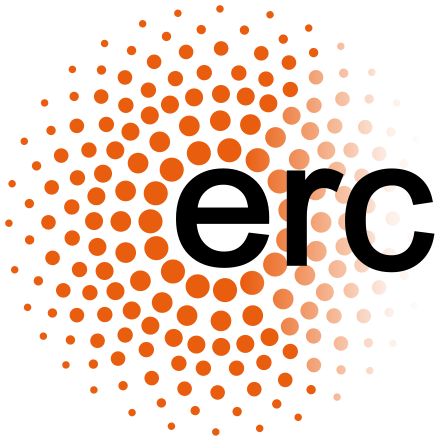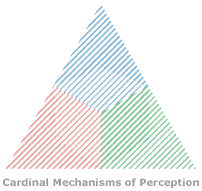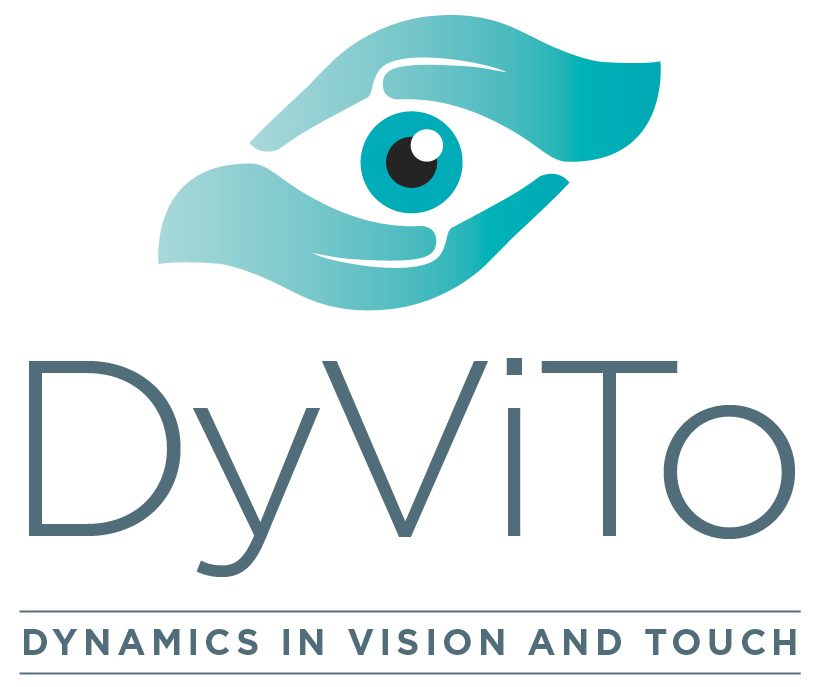Current Funding
ERC Advanced Grant: 101098225 — STUFF
Seeing Stuff: Perceiving Materials and their Properties

Material perception poses unique and fascinating challenges. The image of a surface is a complex and ambiguous combination of lighting, shape, and material properties. How does the visual system disentangle these intermingled physical factors? Deformable materials like liquids and textiles move and change shape in complex yet lawful ways. How do we infer intrinsic properties like viscosity, compliance and elasticity from such ever-changing stimuli? And how do we reason about and predict their future behaviours as they interact with their surroundings? How do we adapt our own interactions with objects to take into consideration their hardness, density, friction and other physical characteristics, allowing us to pluck a raspberry without crushing it, or pick up wet soap without it slipping through our fingers? STUFF takes a radically interdisciplinary approach to these questions, bringing together state-of-the-art methods from experimental psychology and behavioural neuroscience, computer graphics and computational image analysis, machine learning and even art. We draw on real and simulated materials, to uncover how we perceive, reason about, predict and interact with materials and their properties.
Visit ERC Website
Cluster Project: The Adaptive Mind
Hessian Ministry of Science and Art Cluster Project: The Adaptive Mind

One of the most critical challenges facing any organism is to maintain stability in the face of a dynamic and uncertain world. At the same time, successful behavior also rests crucially on our ability to adapt when circumstances fundamentally change. The Adaptive Mind is a research cluster that brings together scientists from Experimental Psychology, Clinical Psychology and Artificial Intelligence in order to understand how the human mind successfully adapts to changing conditions, and what happens when these adaptive processes fail.
Visit The Adaptive Mind Website
DFG: SFB-TRR-135 "Cardinal Mechanisms of Perception"
Visual Categorization and Prediction of Deformable Materials

Using simulated materials, we will measure how category learning generalizes to novel samples, and test whether subjects can predict the future movements of deformable materials as they interact with other objects. Finally we will model human categorization using machine learning techniques, based on analysis of the 3D shapes of the simulated materials. We hypothesize that observers learn generative models of the ‘typical appearance’ of materials, enabling categorization and prediction.
Visit Cardinal Mechanism of Perception Website
Previous Funding
ERC Consolidator Award: 682589 — SHAPE
Shape Understanding: On the Perception of Growth, Form and Process

There has been a lot of previous research on how the brain works out the local surface properties of shapes such as the depths or curvatures. However, practically nothing is known about how the brain uses its estimates of shape to work out other properties of objects. In SHAPE, we seek to understand how the brain goes beyond simply working out what shapes objects have, to working out their underlying ‘logic’, that is, how and why they have those shapes. We are developing a new field of study in the perceptual and cognitive sciences to unravel how the brain identifies and represents the origins of form.
Visit ERC Website
DyViTo: Dynamic Vision and Touch
EU Marie Sklodowska Curie Innovative Training Network (H2020-MSCA-ITN-2016): 721312— DyViTo

Real world tasks as diverse as drinking tea or operating machines require us to integrate information across time and the senses. Understanding how we perform dynamic, multisensory integration is a key challenge with important applications in digital and virtual environments. Our goal is to produce a step change in the industrial challenge of creating virtual objects that look, feel, move and change like ‘the real thing’. Our integrated training will produce a cohort of young researchers who are able to translate between the fundamental neuro-cognitive mechanisms of object and material perception and diverse applications in virtual reality.
DFG: IRTG 1901 "The Brain in Action"
Effects of Perceived Material Properties on Action
The International Research Training Group (IRTG) "The Brain in Action" (DFG-1901) is an international research alliance of the Philipps University Marburg and the Justus-Liebig-University Giessen together with three Canadian Universities. Speakers of the IRTG are Frank Bremmer (Phillipps University Marburg) and Katja Fiehler (JLU Giessen). The canadian partner institutions are York University in Toronto, Queen's University in Kingston and Western University in London. The key goal of the IRTG is to deepen our understanding of the neural systems and processes that underlie perception and action in everyday living. The research group Human Movement Science and Psychology of Sports cooperates with the Biomotion Lab at Queen's University in Kingston to conduct several projects of perception and action in sports.
Visit The Brain in Action Website
-
EU Marie Curie Initial Training Network (FP7-PEOPLE-ITN-2012)
PRISM: Perceptual Representations of Illumination, Shape and Materials
Partners: Giessen, TU Delft, Birmingham, Leuven, Paris Descartes, INRIA, Bilkent, Philips, NextLimit
-
NSF-BMBF Joint Program in Computational Neuroscience (FKZ: 01GQ1111)
Towards a Neural Theory of 3D Shape Perception
Collaborator: Prof. Steven Zucker, Dept. Computer Science, Yale University
-
Wellcome Trust (UK).
On reflection: the role of disparities in the estimation of shape from specular surfaces
Collaborator: Dr. Andrew Welchman, University of Birmingham, University of Camebridge, Prof. Andrew Blake, FRS, FREng., Microsoft research
-
2006 – 2009: BW-FIT (State of Baden-Württemberg)
Tracking and predicting gaze direction of a freely moving observer interacting with a large high resolution display
Collaborator: Prof. Oliver Deussen, Dept. of Computer Science, University of Konstanz.
-
2006 – 2009: DFG (German Research Foundation): FL 624/1-1
Human visual perception and classification of materials
Collaborator: Prof. Reinhard Klein, Dept. of Computer Science, University of Bonn.
